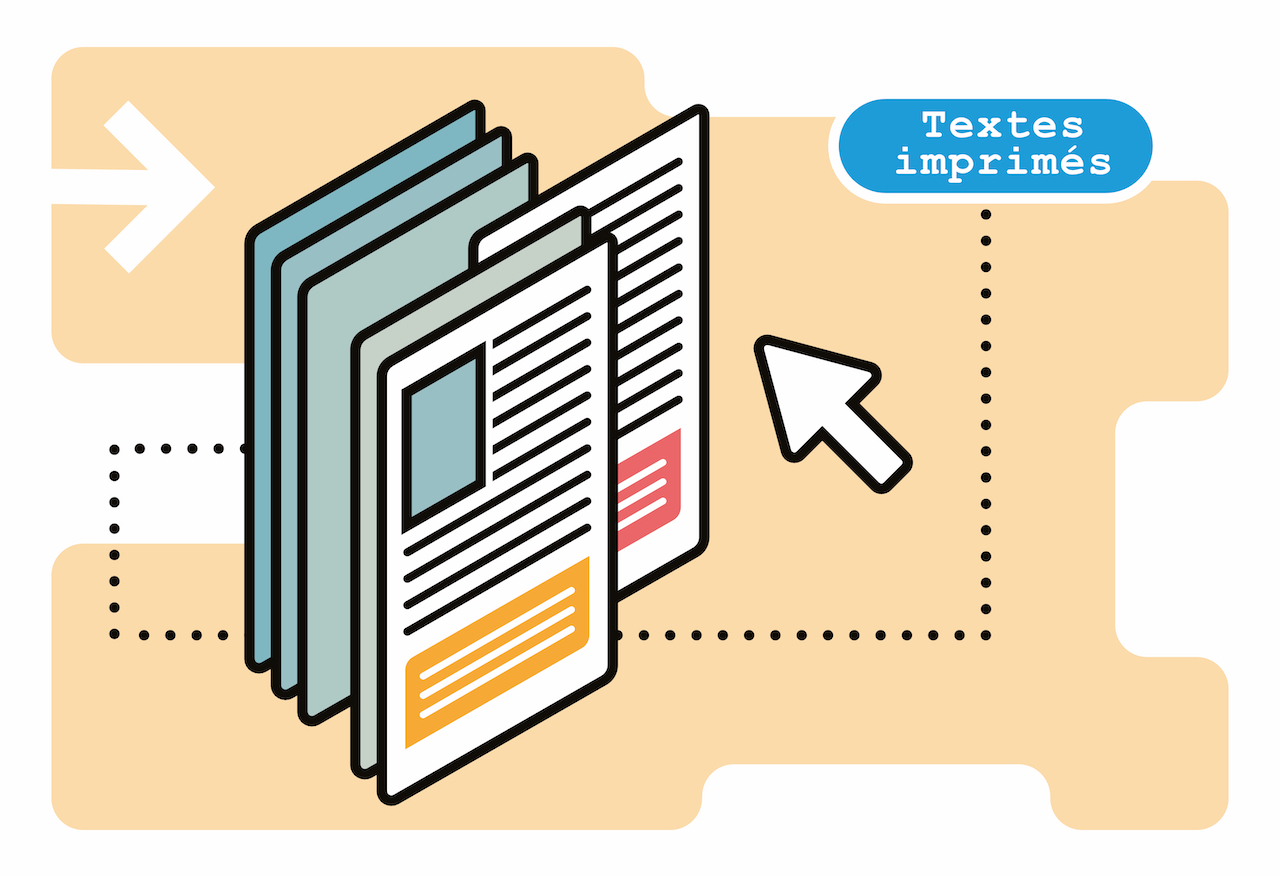Discussing Virtual Tools That Simulate Probabilities: What are the middle school teachers’ concerns?
Fiche du document
2013
- doi: 10.7202/1020978ar
Ce document est lié à :
McGill Journal of Education ; vol. 48 no. 2 (2013)
All Rights Reserved © Faculty of Education, McGill University, 2013
Sujets proches
Tools Hand tools HandtoolsCiter ce document
Annie Savard et al., « Discussing Virtual Tools That Simulate Probabilities: What are the middle school teachers’ concerns? », McGill Journal of Education / Revue des sciences de l'éducation de McGill, ID : 10.7202/1020978ar
Métriques
Partage / Export
Résumé
Notre étude exploratoire a permis à des enseignants du Nouveau-Brunswick, Canada, de tester des simulateurs virtuels de jeux de hasard développés par une équipe de techno-pédagogues, d’enseignants de mathématiques du secondaire et de didacticiens du Québec. Lors d’entretiens semi-structurés, les participants ont semblé découvrir un riche potentiel contenu dans les scénarios pédagogiques et les logiciels. Les avantages soulevés ont trait au fait d’appuyer leurs pratiques, tout en motivant les élèves et en augmentant leur compréhension de concepts autrement difficilement accessibles. Les besoins d’un accompagnement techno-pédagogique et didactique ont été également ressortis.
